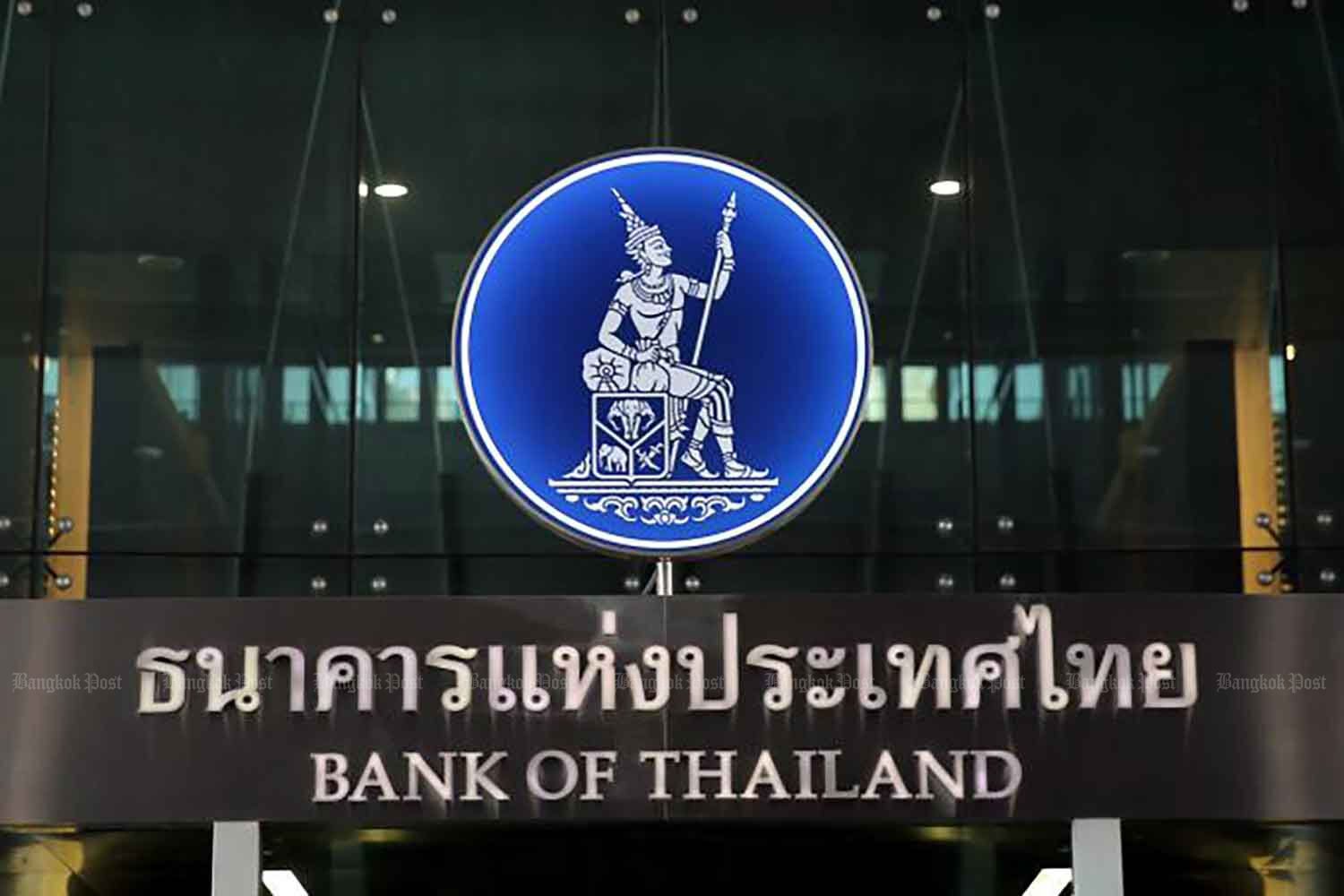Thailand to hold policy rate at 2.5% amid economic uncertainties

The Bank of Thailand (BoT) is poised to maintain the policy rate at a decade-high level of 2.5% during its meeting tomorrow, although analysts anticipate a greater probability of a rate cut later this year due to increasing economic challenges.
Kasikorn Research Centre (K-Research), the research arm of Kasikornbank (KBank), concurs with equity analysts that the central bank’s Monetary Policy Committee (MPC) will keep the rate steady this week.
Thailand’s GDP growth averaged 1.9% in the first half of 2024, aligning with K-Research’s annual forecast of 2.6%.
KBank predicts the MPC will uphold the policy rate throughout 2024. However, Kanjana Chockpisansin, head of research for banking and the financial sector at K-Research, suggested potential monetary easing if necessary.
“The outlook remains unchanged as the economy grows slowly and unevenly. If the risk escalates that the economy will shrink, there is a possibility the MPC will slash the rate once this year after the US Federal Reserve cuts its policy rates.”
Maybank also forecasts a stable policy rate this week, amidst continuously declining real interest rates. Inflation reached 0.8% last month, up from -1.1% in January.
Policy rate
The BoT is expected to lower the rate by 0.25 percentage points in the first half of 2025, when global central bank easing gains momentum, and then hold steady in the latter half, according to a research note from the Kuala Lumpur-based banking group.
Maybank noted that with Pheu Thai leader Paetongtarn Shinawatra succeeding Srettha Thavisin as prime minister and establishing a new Cabinet, policy continuity is anticipated in the short term. The new PM recently indicated that the flagship digital wallet handout requires further review, said Maybank.
“We expect the initiative to be reassessed and possibly aborted. Funds set aside for the digital wallet could conceivably be directed at other spending priorities.
“The new administration faces pressure to protect local industries from the supply shock caused by increased Chinese competition.
“For the longer term, investors are likely to turn more positive only when the new premier and Cabinet demonstrate their commitment to executing strategic and structural economic reforms.”
BofA Securities highlighted that despite early signs of recovery in both demand and supply data, the economy confronts downside risks, primarily due to weak consumption of durable goods, while sluggish loan growth continues to affect the construction and real estate sectors, reported Bangkok Post.
A significant share of the decline in industrial production is linked to structural factors unlikely to improve soon, while regional exports have started to decelerate, BofA stated in a research note.
“While we expect GDP growth in the second half to be stronger than in the first half from a low base, the risk may be tilted to the downside.”
Latest Thailand News
Follow The Thaiger on Google News:


























